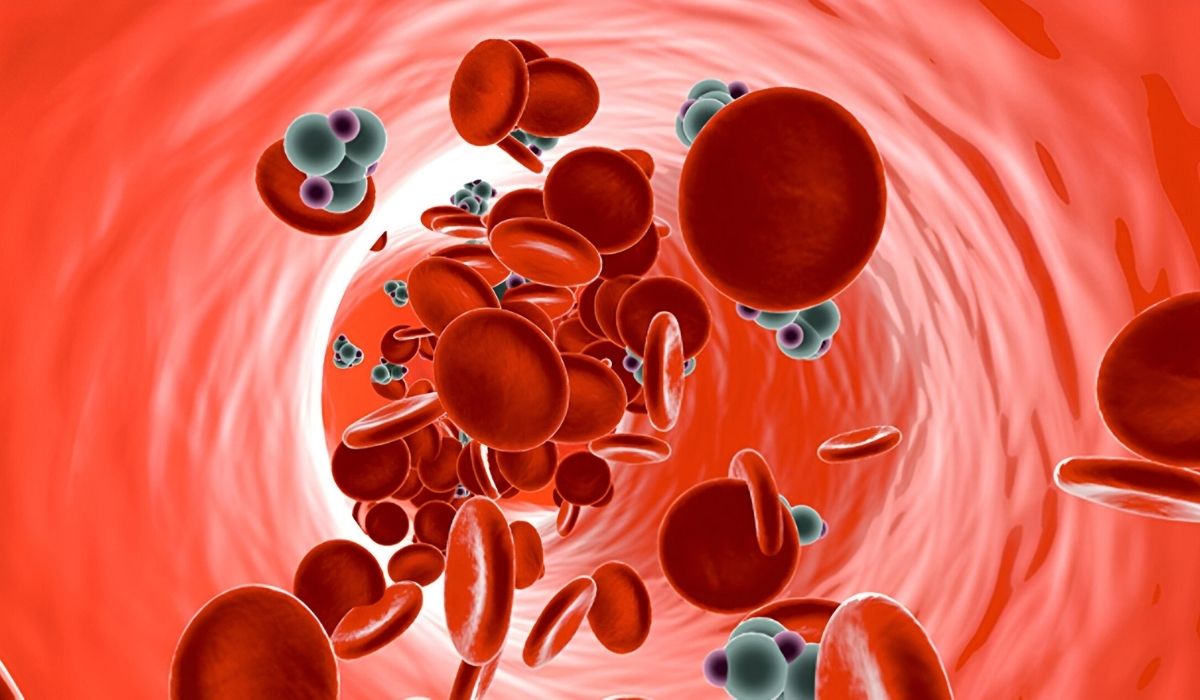
Insulin-Resistance Type B is a rare and complex condition that puzzles many. Unlike the more common Type 1 and Type 2 diabetes, this form involves the body's immune system attacking insulin receptors, making it hard for cells to absorb glucose. What causes Insulin-Resistance Type B? The exact cause remains unclear, but it often appears in people with autoimmune diseases like lupus or rheumatoid arthritis. Symptoms can include extreme fatigue, unexplained weight loss, and high blood sugar levels. Diagnosing this condition requires specialized tests and a keen eye from medical professionals. Treatment usually involves a combination of medications to manage blood sugar and suppress the immune system. Understanding this condition can help those affected lead healthier lives.
Key Takeaways:
- Insulin-Resistance Type B is a rare autoimmune disorder that mainly affects middle-aged women, causing high blood sugar levels and potential complications like heart disease and kidney damage.
- Treatment involves immunosuppressive therapy, high-dose insulin, plasmapheresis, diet, exercise, and regular monitoring. Ongoing research aims to develop new medications and improve understanding of this complex condition.
Understanding Insulin-Resistance Type B
Insulin-Resistance Type B is a rare and complex condition. It involves the body's immune system attacking insulin receptors, making it difficult for cells to absorb glucose. Here are some intriguing facts about this condition.
-
Autoimmune Disorder: Insulin-Resistance Type B is an autoimmune disorder where the body mistakenly attacks its insulin receptors.
-
Rare Condition: This condition is extremely rare, with only a few hundred cases reported worldwide.
-
Middle-Aged Women: It predominantly affects middle-aged women, though men and younger individuals can also be affected.
-
High Blood Sugar: People with this condition often experience extremely high blood sugar levels, which can be difficult to manage.
-
Antibodies: The body produces antibodies that interfere with insulin's ability to bind to its receptors.
Symptoms and Diagnosis
Recognizing the symptoms and getting a proper diagnosis is crucial for managing Insulin-Resistance Type B. Here are some key points to consider.
-
Severe Hyperglycemia: One of the main symptoms is severe hyperglycemia, which can lead to complications if not treated promptly.
-
Weight Loss: Unexplained weight loss is another common symptom, despite high blood sugar levels.
-
Skin Changes: Some individuals may notice dark, velvety patches on their skin, particularly around the neck and armpits.
-
Fatigue: Persistent fatigue and weakness are also common symptoms.
-
Blood Tests: Diagnosis often involves blood tests to detect the presence of insulin receptor antibodies.
Treatment Options
Managing Insulin-Resistance Type B requires a multifaceted approach. Here are some treatment options available.
-
Immunosuppressive Therapy: Medications that suppress the immune system can help reduce antibody production.
-
High-Dose Insulin: Some patients may require high doses of insulin to manage blood sugar levels.
-
Plasmapheresis: This procedure involves removing antibodies from the blood, providing temporary relief.
-
Diet and Exercise: A balanced diet and regular exercise can help manage symptoms and improve overall health.
-
Monitoring: Regular monitoring of blood sugar levels is essential for effective management.
Complications and Prognosis
Understanding the potential complications and prognosis can help patients and caregivers prepare for the future. Here are some important facts.
-
Ketoacidosis: Individuals with this condition are at risk of developing diabetic ketoacidosis, a serious complication.
-
Heart Disease: High blood sugar levels can increase the risk of heart disease and other cardiovascular issues.
-
Kidney Damage: Prolonged high blood sugar can lead to kidney damage and other related complications.
-
Vision Problems: Diabetic retinopathy, a condition affecting the eyes, is another potential complication.
-
Variable Prognosis: The prognosis varies widely among individuals, depending on the severity of the condition and response to treatment.
Research and Future Directions
Ongoing research is crucial for better understanding and managing Insulin-Resistance Type B. Here are some current and future directions in research.
-
Genetic Studies: Researchers are exploring the genetic factors that may contribute to this condition.
-
New Medications: Development of new medications that target the immune system and insulin receptors is underway.
-
Clinical Trials: Clinical trials are being conducted to test the effectiveness of various treatment options.
-
Patient Registries: Establishing patient registries can help gather more data and improve understanding of this rare condition.
-
Awareness Campaigns: Increasing awareness among healthcare providers and the public can lead to earlier diagnosis and better management.
The Takeaway on Insulin-Resistance Type B
Insulin-Resistance Type B is a rare, complex condition that affects how the body uses insulin. Unlike more common forms of diabetes, this type involves the immune system attacking insulin receptors. Symptoms can include severe hyperglycemia, weight loss, and acanthosis nigricans. Diagnosis often requires specialized tests, and treatment usually involves immunosuppressive therapy alongside traditional diabetes management.
Understanding this condition is crucial for those affected and their healthcare providers. Early diagnosis and tailored treatment plans can significantly improve quality of life. If you or someone you know shows signs of insulin resistance that don't respond to typical treatments, consult a specialist. Knowledge and proactive care are your best tools in managing this challenging condition. Stay informed, stay proactive, and always advocate for your health.
Frequently Asked Questions
Was this page helpful?
Our commitment to delivering trustworthy and engaging content is at the heart of what we do. Each fact on our site is contributed by real users like you, bringing a wealth of diverse insights and information. To ensure the highest standards of accuracy and reliability, our dedicated editors meticulously review each submission. This process guarantees that the facts we share are not only fascinating but also credible. Trust in our commitment to quality and authenticity as you explore and learn with us.
